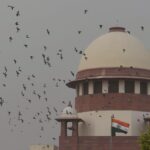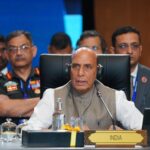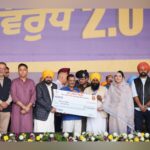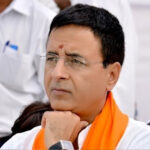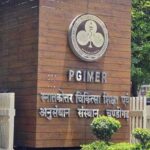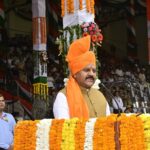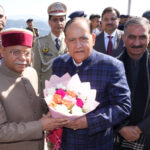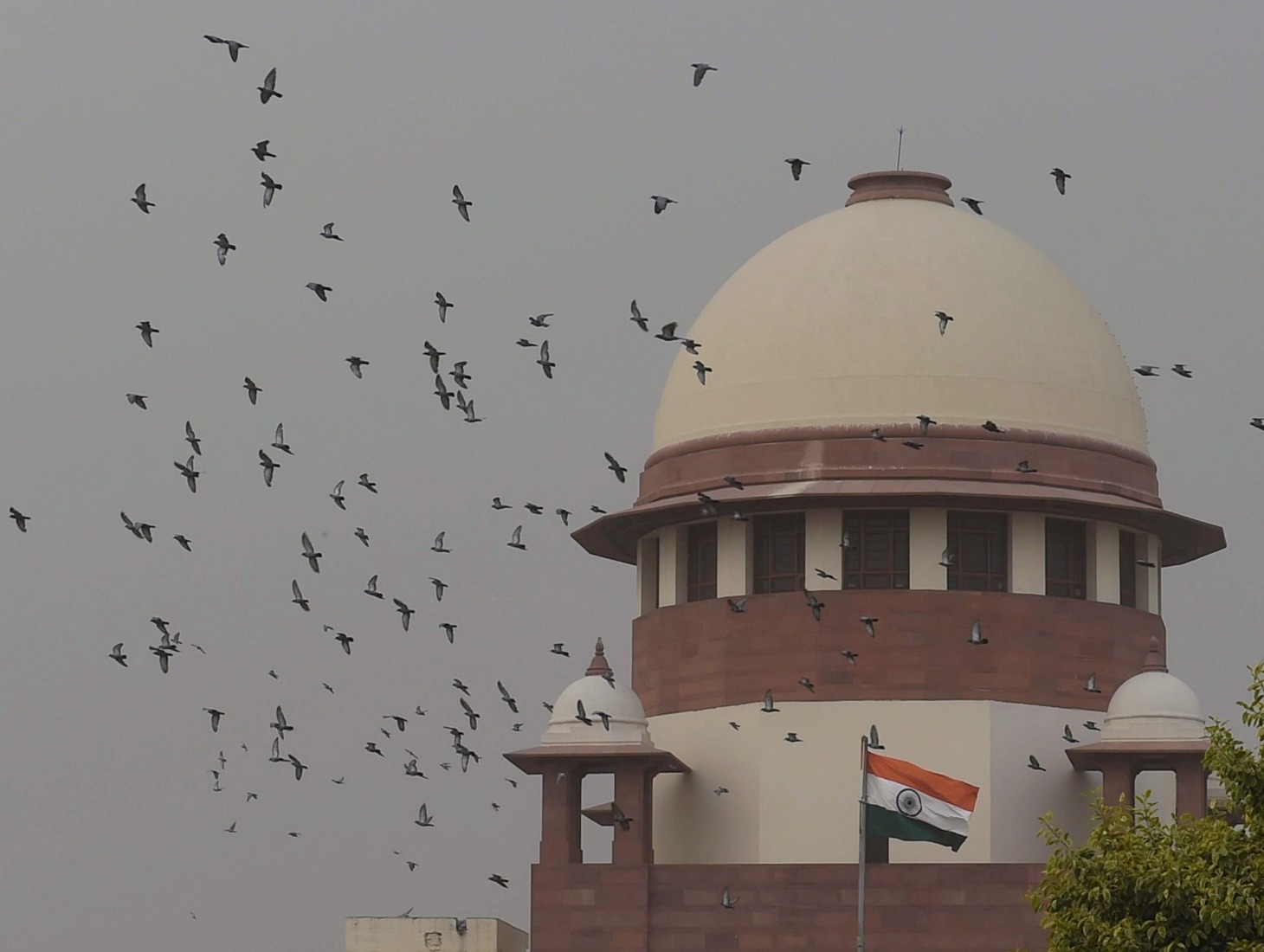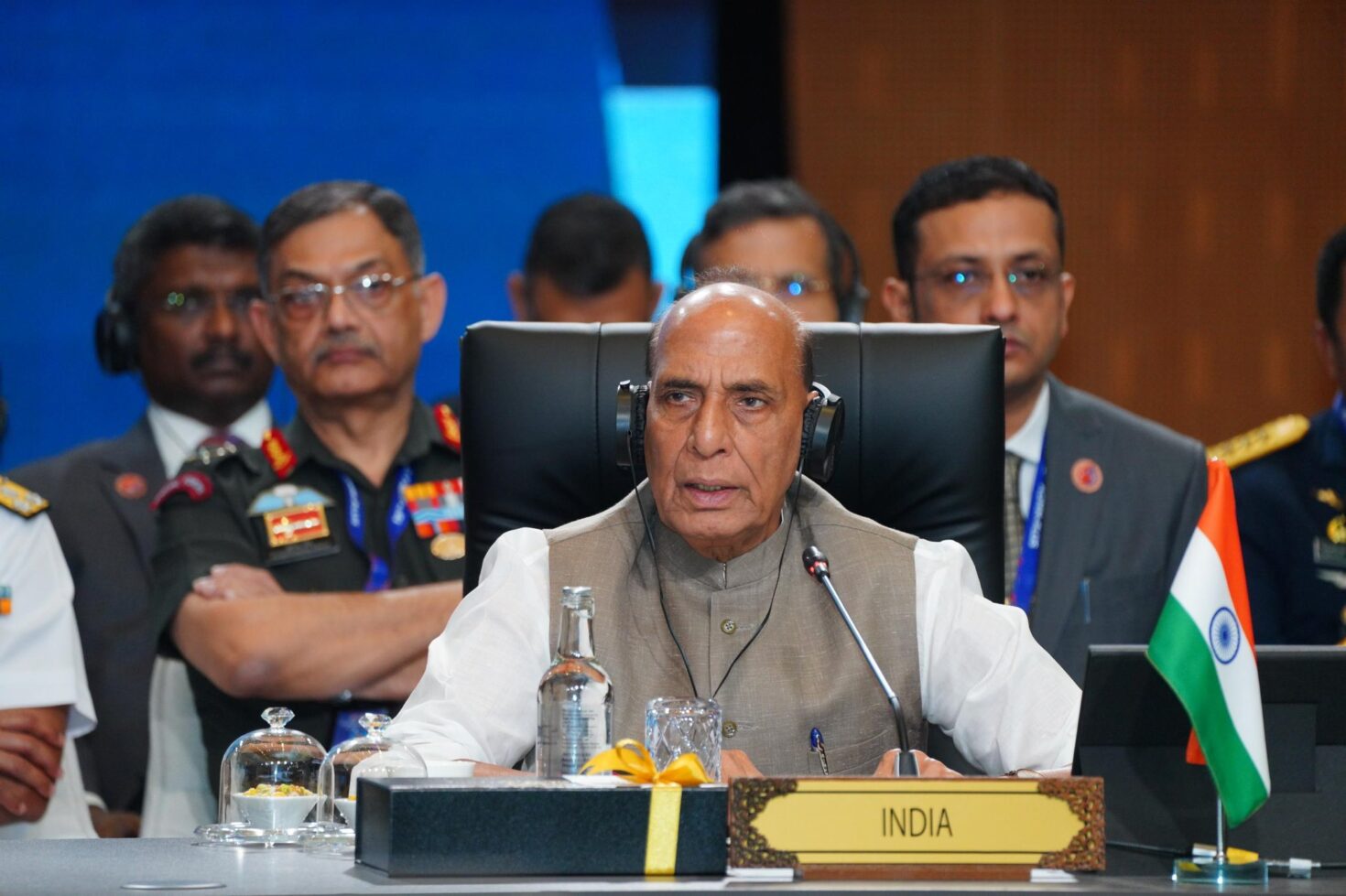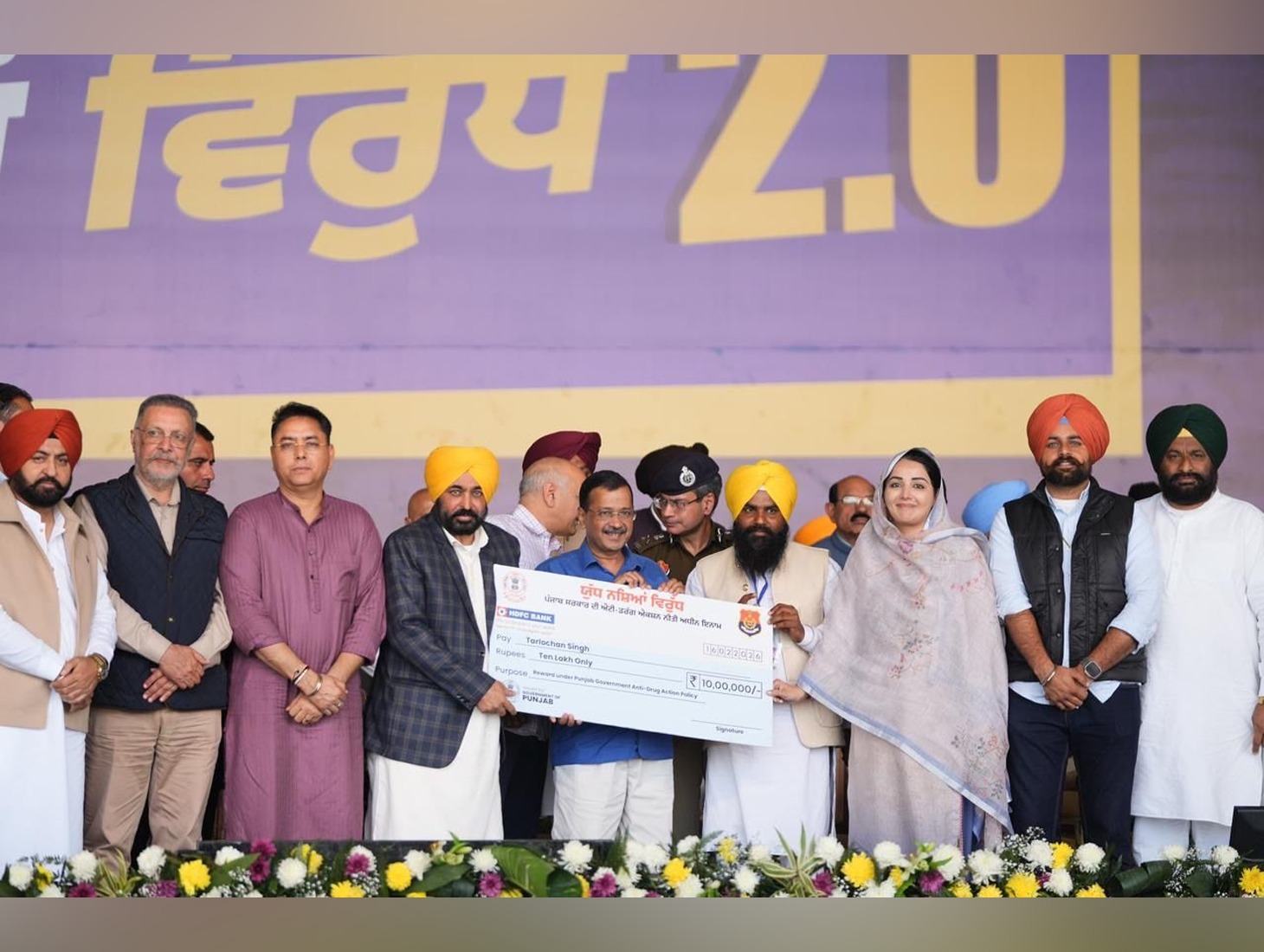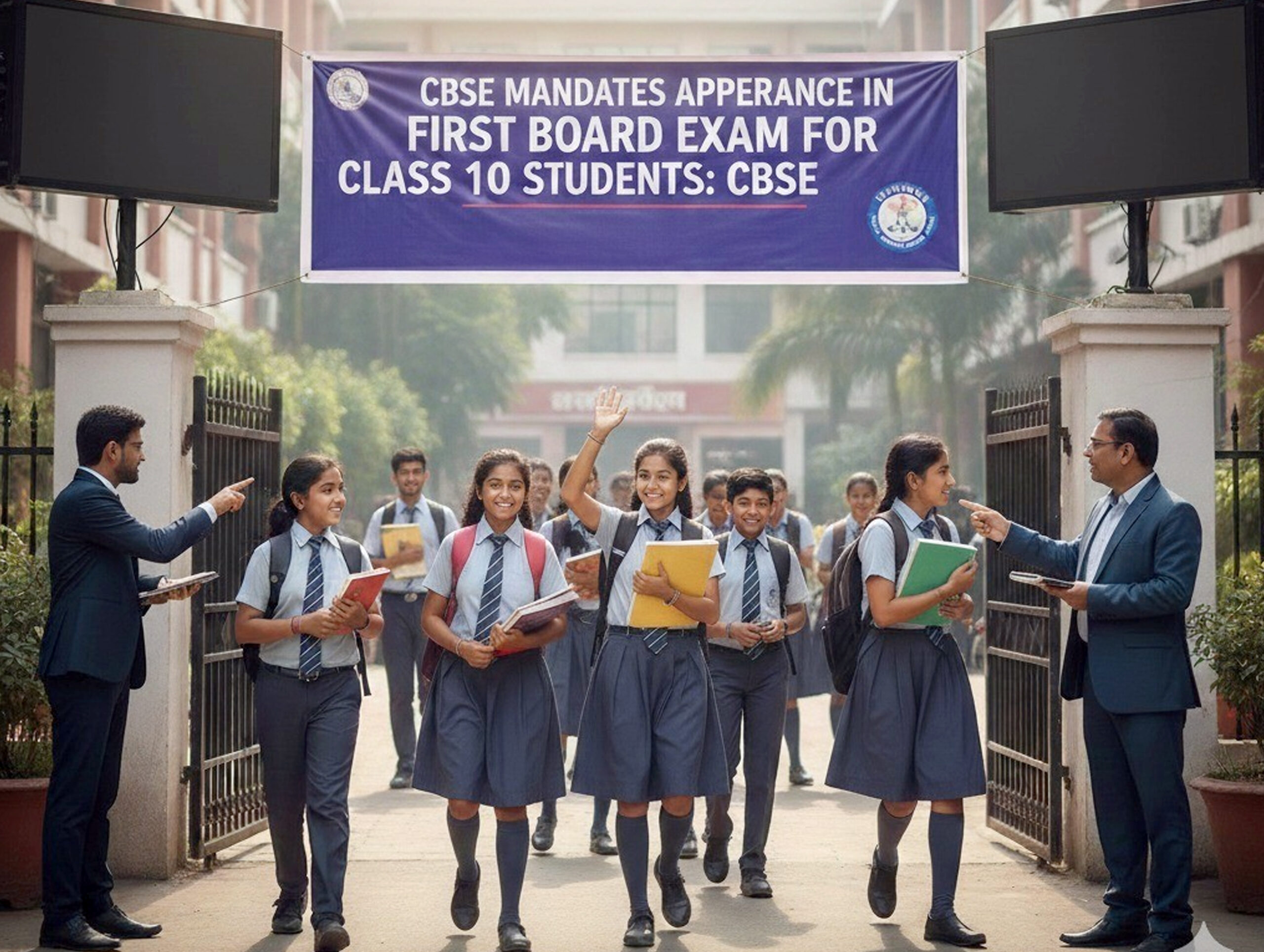North News
New Delhi, January 14
Prime Minister Narendra Modi on Tuesday launched ‘Mission Mausam’, emphasizing India’s commitment to a sustainable future and climate readiness. Addressing the 150th Foundation Day of the India Meteorological Department (IMD) at Bharat Mandapam in New Delhi, Modi highlighted the department’s pivotal role in India’s scientific and technological progress.
The Prime Minister praised IMD’s evolution over the past decade, noting advancements in infrastructure, including a significant increase in Doppler Weather Radars, Automatic Weather Stations, and other technologies. He credited IMD’s integration with space and digital technology for its enhanced reliability, citing the addition of supercomputers Ark and Arunika.
Modi remarked that IMD’s 150-year journey symbolizes India’s progress in modern science and technology. He acknowledged IMD’s critical role in serving millions of Indians and released a commemorative postage stamp and coin to honor the occasion. A vision document for IMD 2047 was also unveiled, outlining the roadmap for its future.
The Prime Minister highlighted a National Meteorological Olympiad organized as part of IMD’s celebrations, attracting thousands of students and fostering interest in meteorology. Modi also interacted with young participants at an exhibition, applauding their enthusiasm.
Referring to IMD’s establishment on January 15, 1875, near Makar Sankranti, Modi connected the festival’s cultural and agricultural relevance to meteorology. He shared personal anecdotes from Gujarat, emphasizing the festival’s importance in heralding farming preparations.
Modi underscored IMD’s contributions to disaster management and economic resilience, citing the accuracy of forecasts and initiatives like ‘Early Warning for All,’ which covers over 90% of India’s population. Tools like the Meghdoot app and lightning warning systems have significantly aided farmers and fishermen.
Highlighting India’s leadership in meteorology, Modi mentioned the Flash Flood Guidance system supporting Nepal, Bhutan, Bangladesh, and Sri Lanka. He also emphasized linking traditional Indian knowledge with modern science, referencing ancient texts and indigenous practices.
As IMD’s forecasts grow more precise, Modi encouraged scientists to develop systems for new challenges like earthquake warnings. He reiterated India’s commitment to global service and scientific innovation, urging deeper research and integration of traditional knowledge.
Union Minister Dr. Jitendra Singh and WMO Secretary-General Professor Celeste Saulo attended the event, along with other dignitaries.


